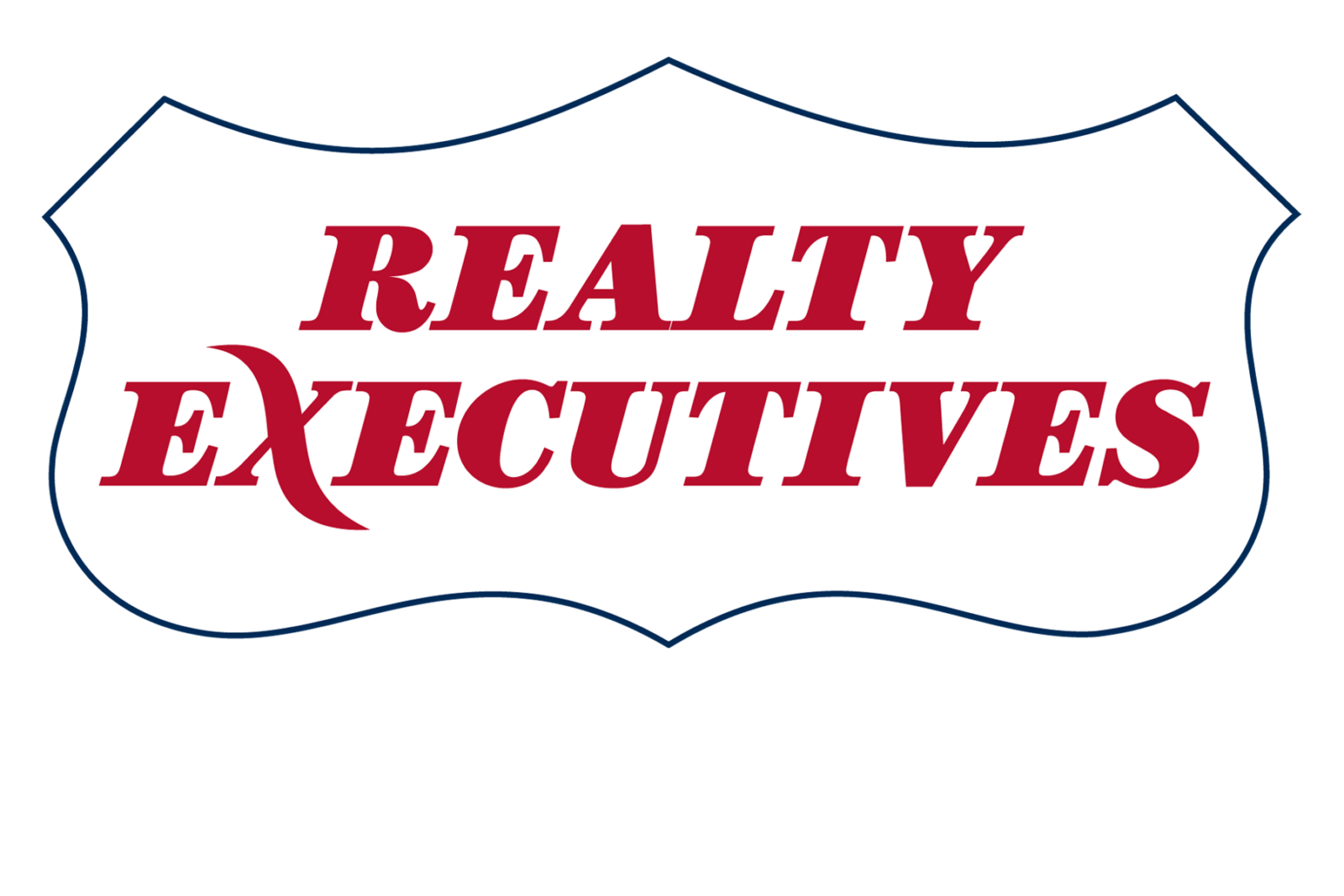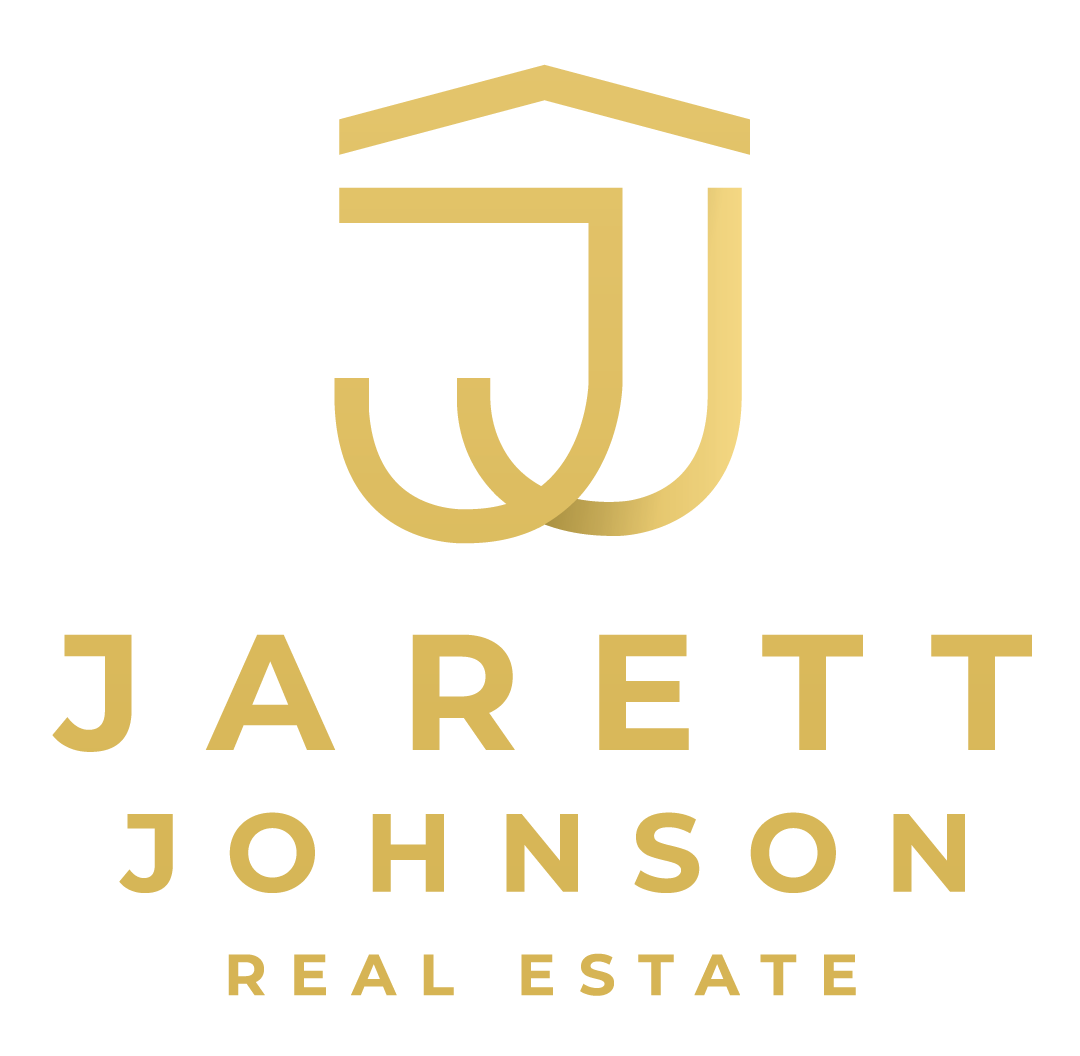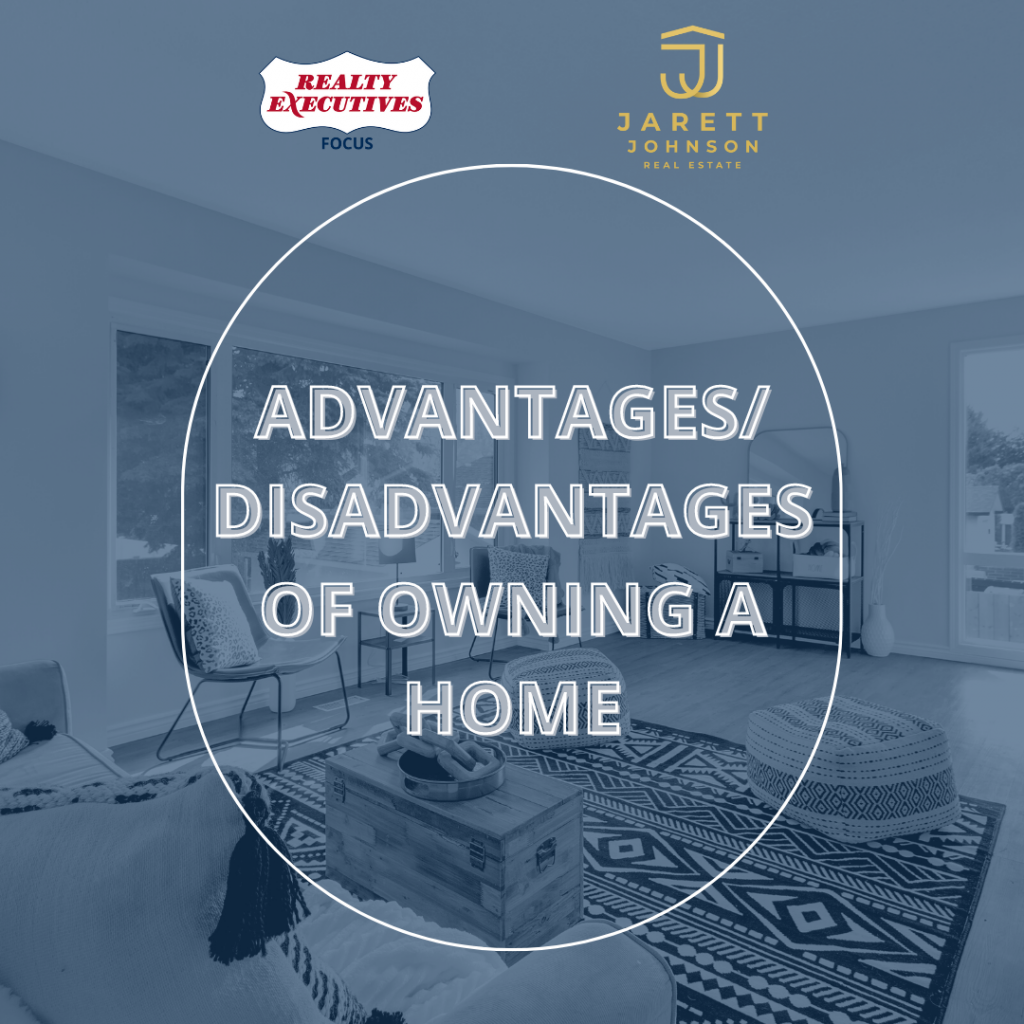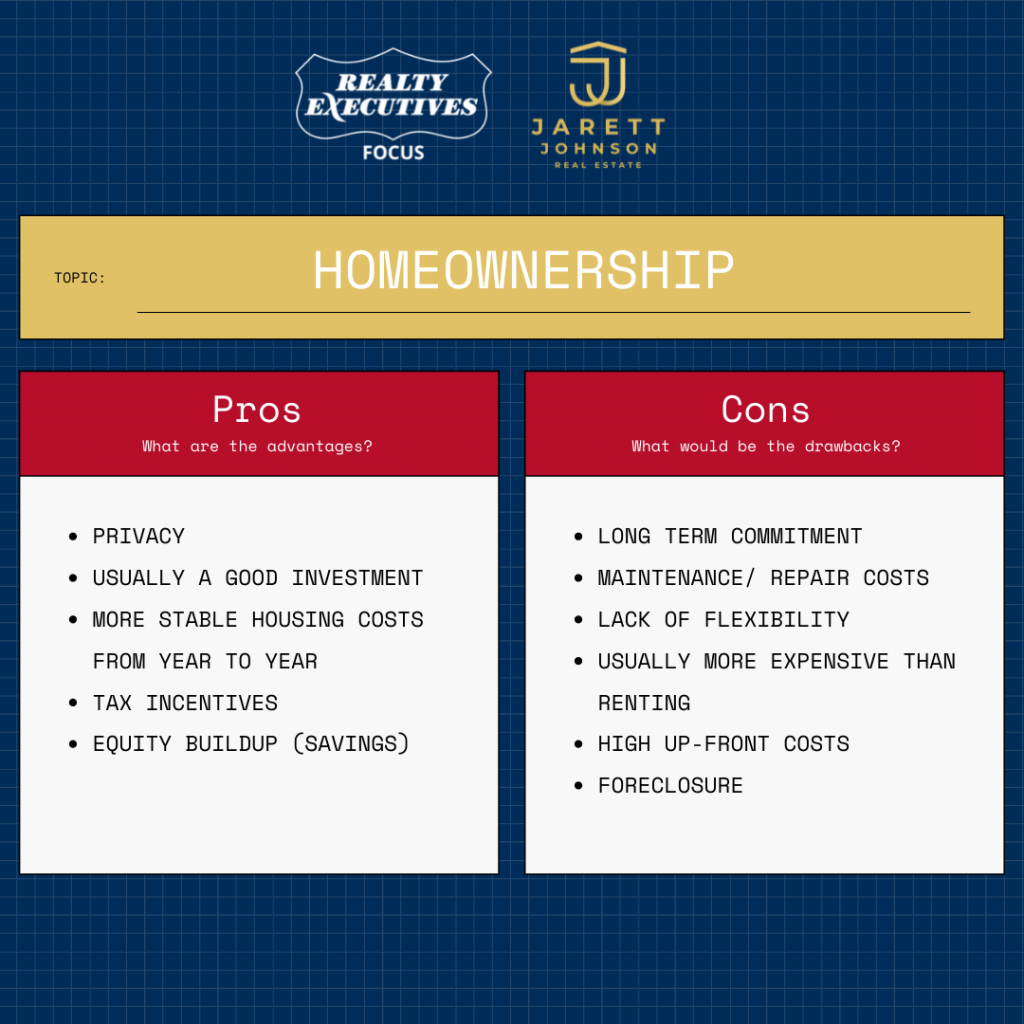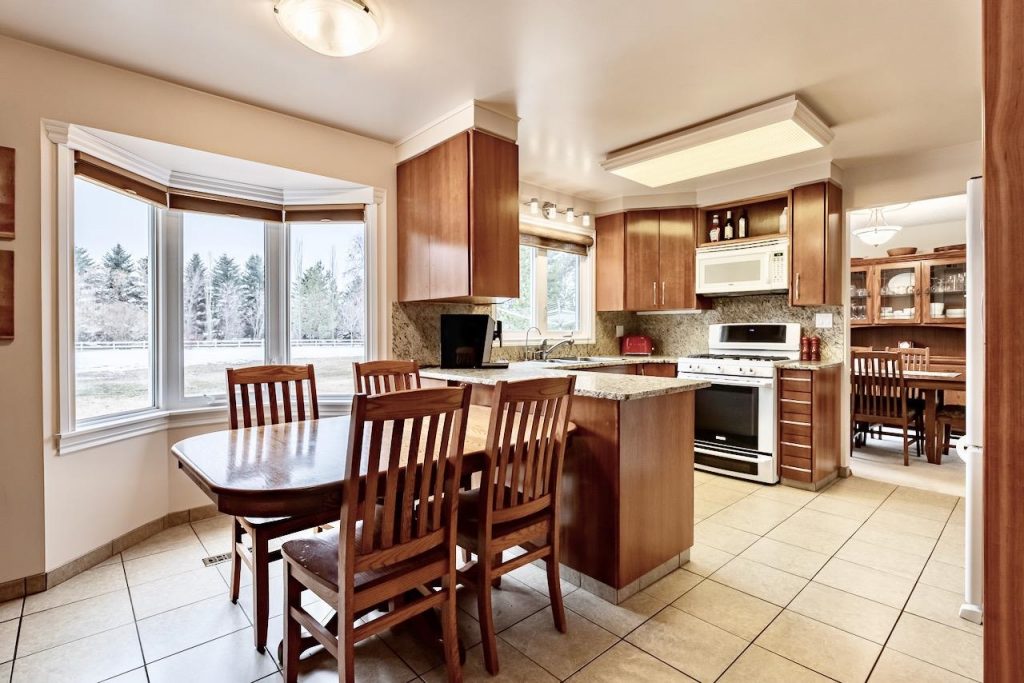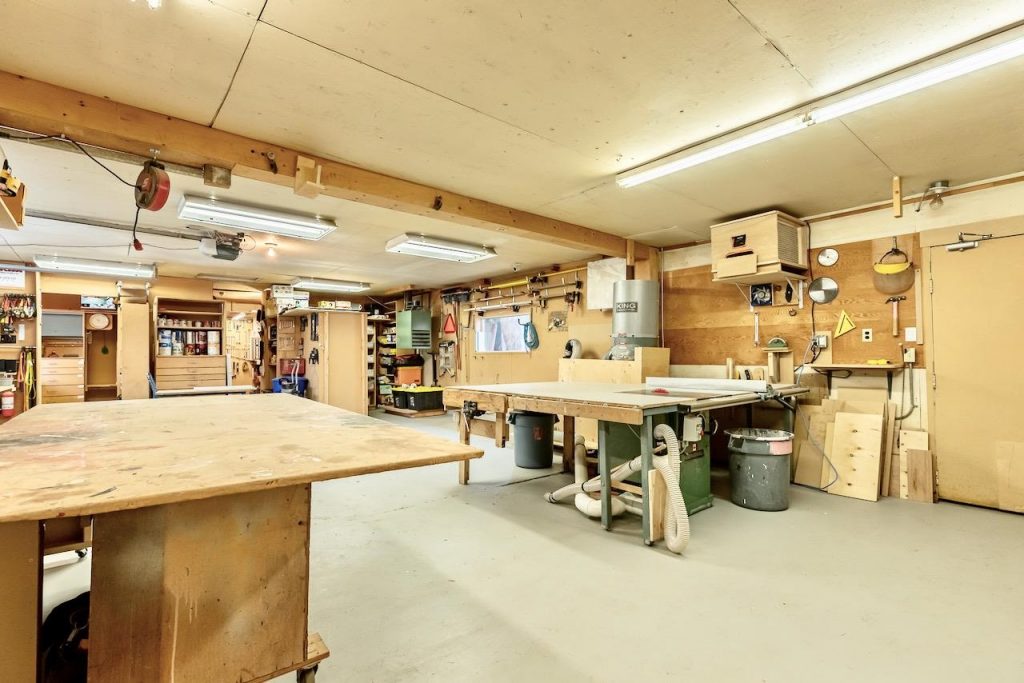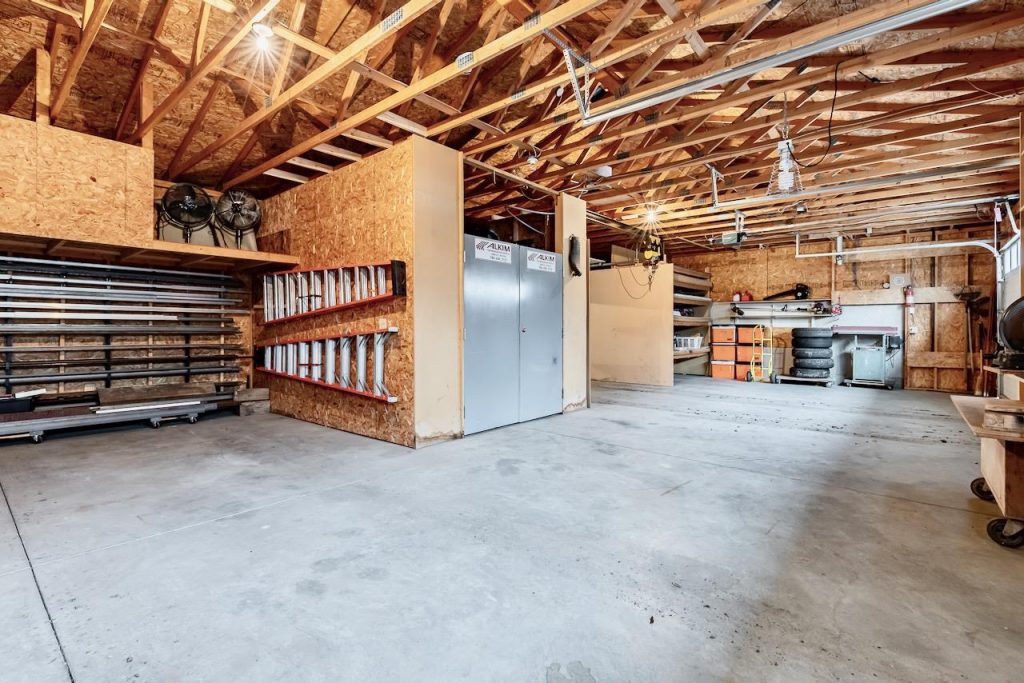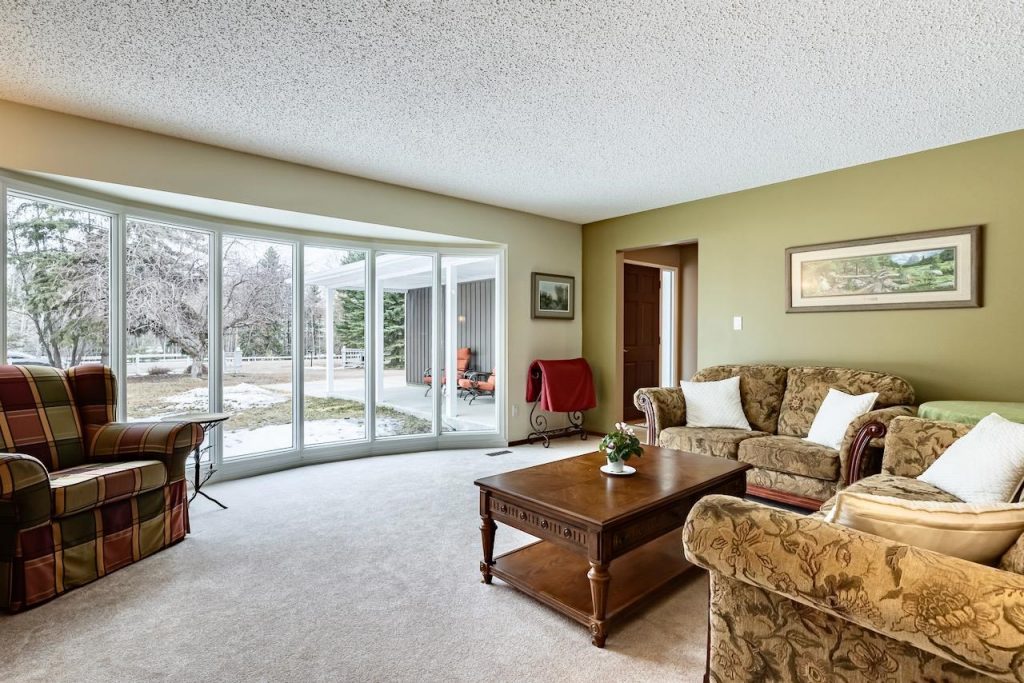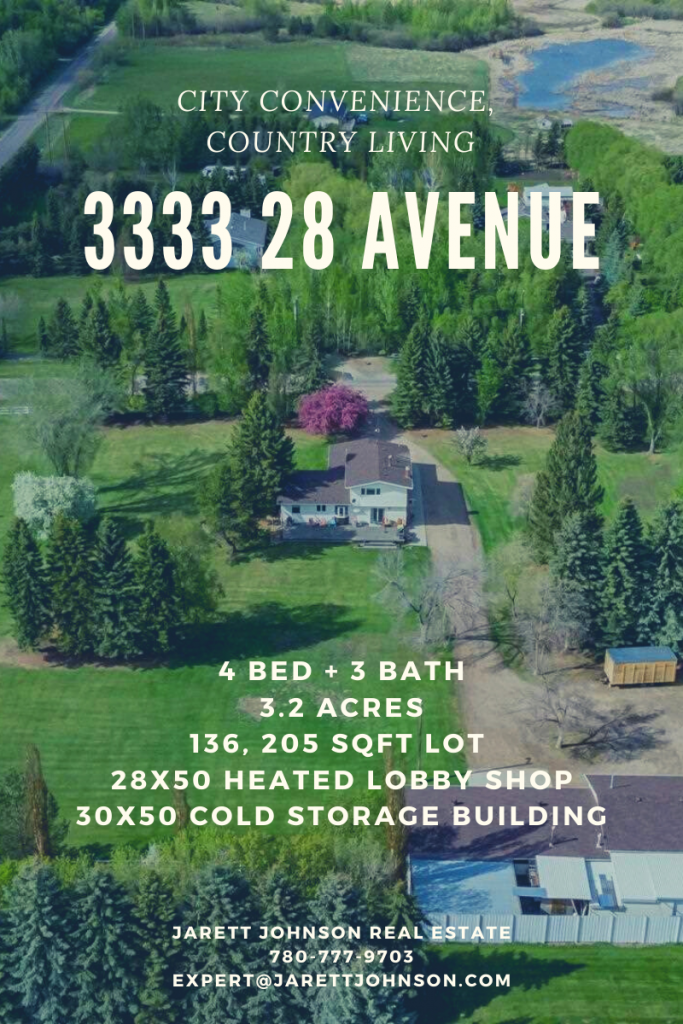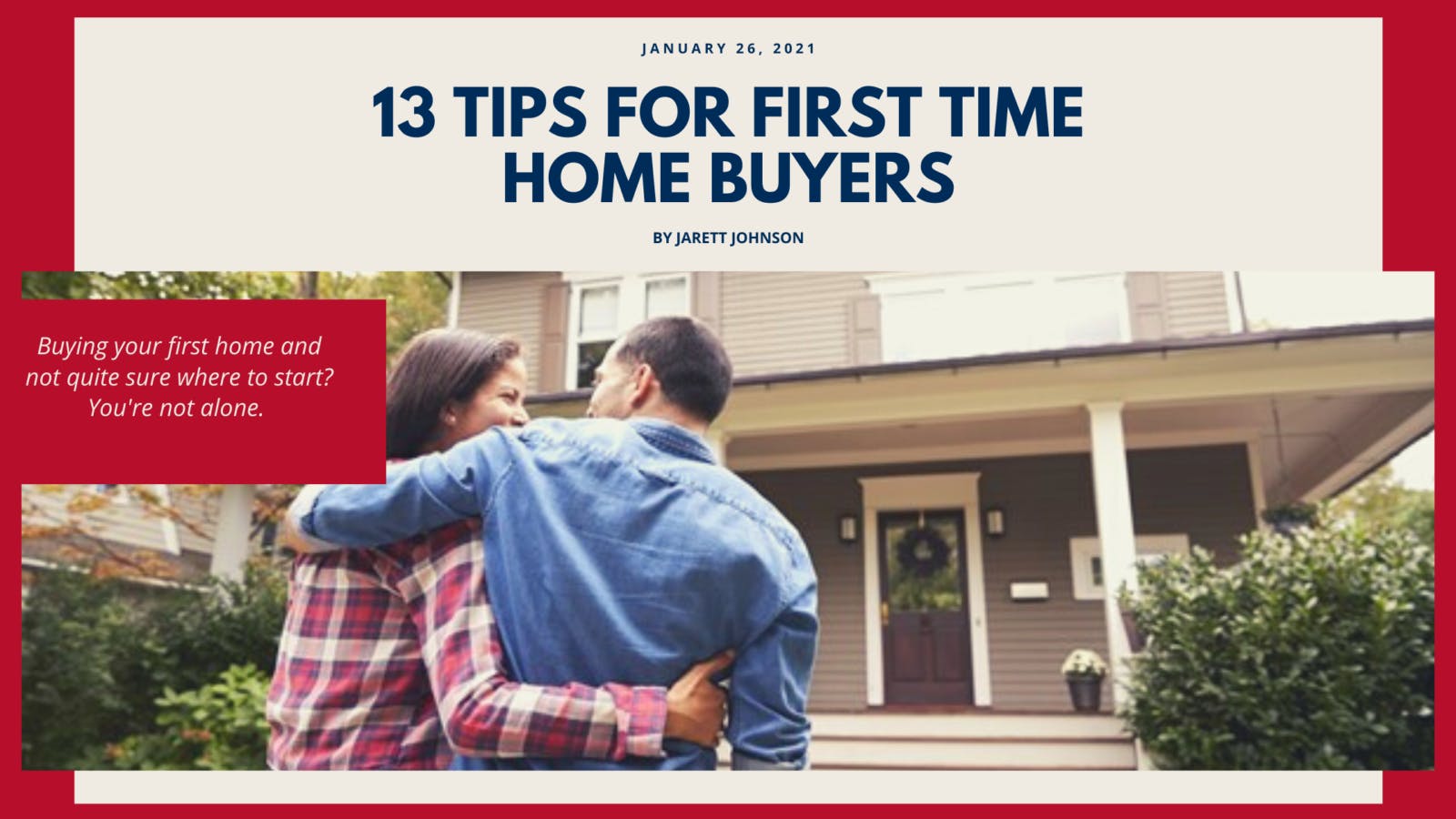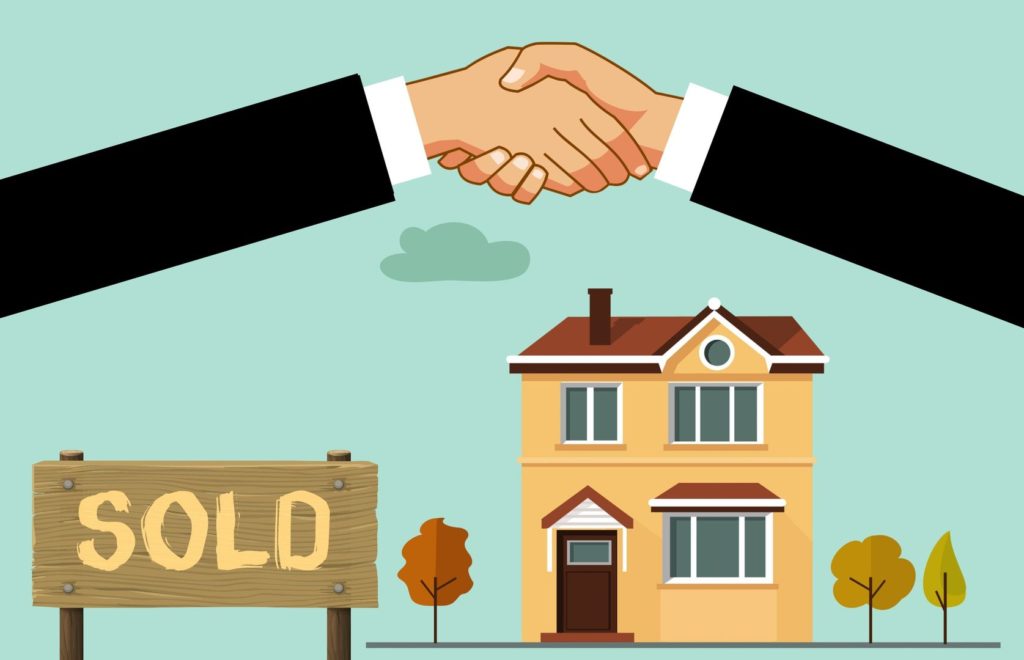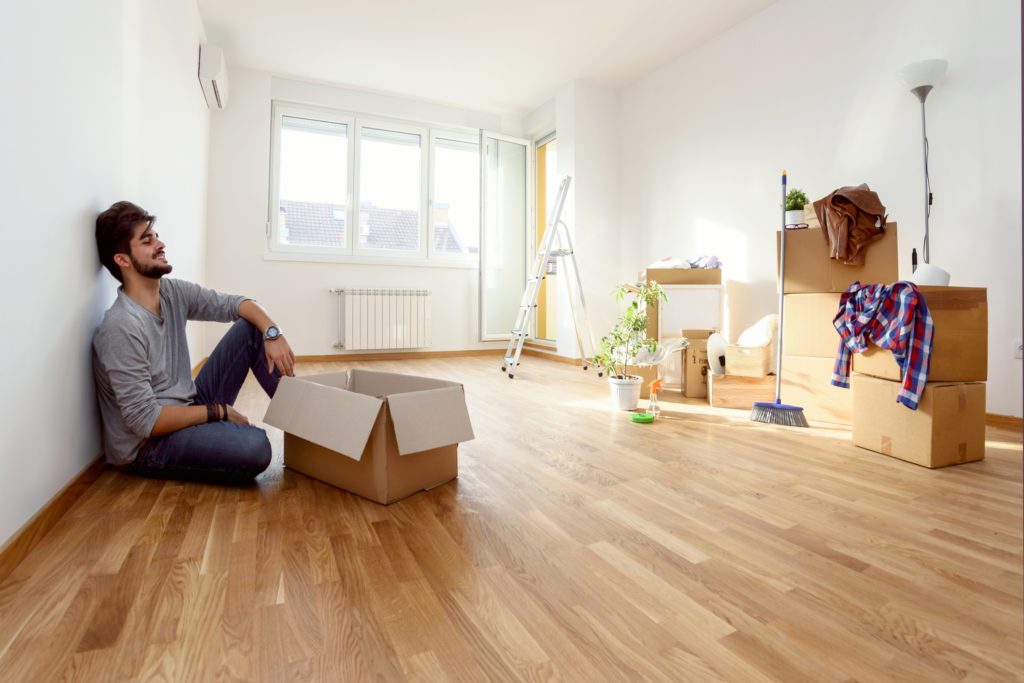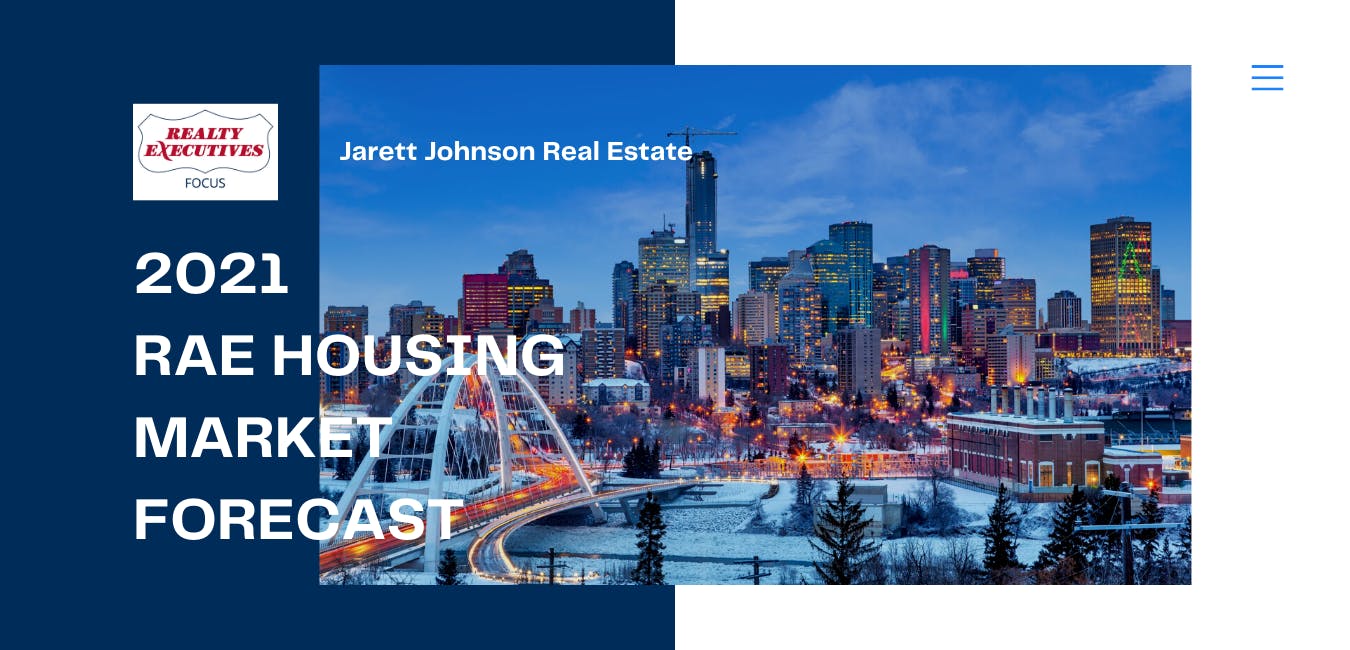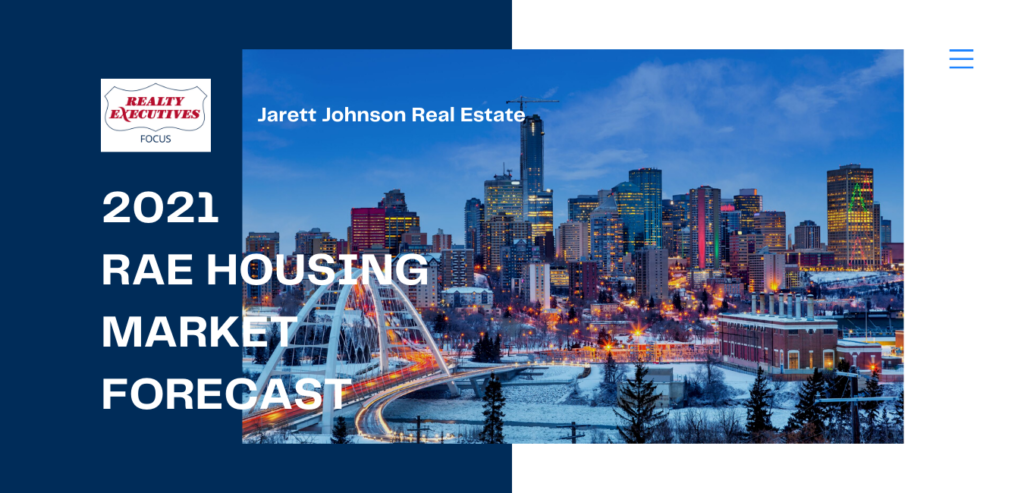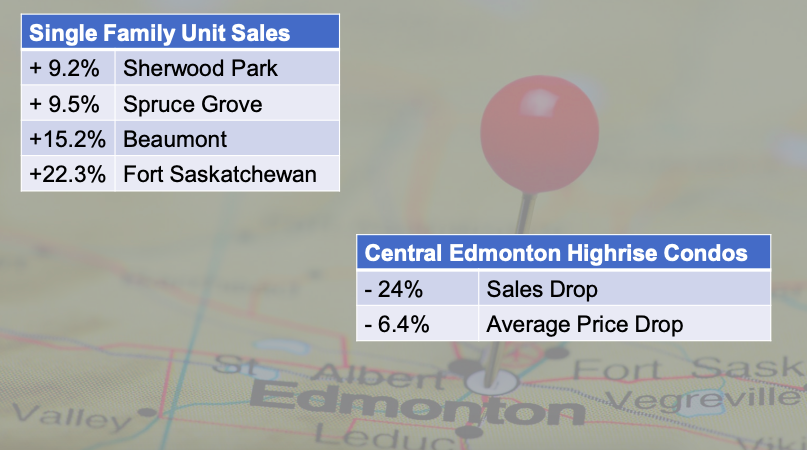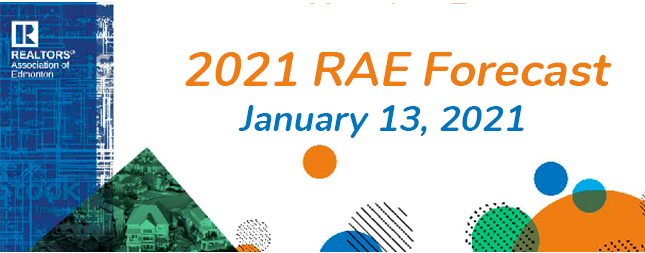Buying a home is the biggest financial decision many people make. As with any major decision, a key question to answer before proceeding: Why?
Perhaps your why is a larger home to raise children, or have a yard, or get to a better school system, or in the time of COVID-19, to find a home office. There is no right or wrong answer, merely the best one that fits each individual circumstance.
The benefits of home ownership don’t come without costs and limitations. For some, renting may be a better option. The pros and cons of buying a house should be considered as you think through the process, and before a decision is made.
One recent significant consideration: The COVID-19 pandemic lit the housing market like a bottle rocket. Home prices rose in early 2021 at the fastest pace in 15 years. The most affordable homes rose 16.5% year over year. Too, homes are being snapped off the market with Usain Bolt-like speed, sometimes sight unseen.
The boom in sales and buying is expected to continue for several more months, at least. It’s great for sellers, provided they have found a home they can afford to buy. It’s not so great for those who may not be able to afford a down payment, or who can’t act fast. Buyers well positioned to make an offer can find their dream home; they just have to act quickly. In this housing market, there is no reward in hesitating.
Advantages and Disadvantages of Owning a Home
Before buying a home, it’s important to consider how the purchase will affect your finances and lifestyle. Review as many of the advantages and disadvantages of becoming a homeowner before making the commitment.
What Are The Advantages Of Owning A Home?
- A good long-term investment: You are investing in an asset for yourself rather than a property management company or landlord.
- Low interest rates: Rarely will we see interest rates like we are seeing now. Rates can vary depending on your personal credit score and where you are buying.
- Building equity: Your equity is the difference between what you can sell the home for and what you owe. Equity grows as you pay down your mortgage. Over time, more of what you pay each month goes to the balance on the loan rather than the interest, building more equity.
- Federal tax benefits: There are tons of resources available to first time home buyers when purchasing their first home. Home Buyer’s Plan, GST/HST Housing Rebates, and Moving Expense reimbursements just to name a few.
- Greater privacy: You own the property so you can renovate it to your liking, a benefit renters don’t enjoy.
- Home office: The work-at-home phenomenon may not vanish after the pandemic fades, which means more of us will need a home office. The right setup makes a difference in comfort and productivity. Those needing that work-at-home space can find it on the market – if they act quickly.
- Stable monthly payments: A fixed-rate mortgage means you’ll pay the same monthly amount for principal and interest until the mortgage is paid off. Rents can increase at every annual lease renewal. Fluctuating property taxes or homeowner’s insurance can change monthly payments, but that typically doesn’t happen as often as rent increases. Click here for my beginner’s guide to mortgages!
- Stability: People tend to stay longer in a home they buy, if only because buying, selling and moving is difficult. Buying a home requires confidence you plan to stay there for several years.
What Are The Disadvantages of Owning a Home?
- COVID costs: The housing market is ablaze, with sellers typically getting the asking price and more, and getting it in a hurry. This makes it tough for first-time buyers who may not have saved the needed down payment money. It also makes it tough for those who like to ponder big decisions.
- High upfront costs: Closing costs on a mortgage can run from 2% to 5% of the purchase price, including numerous fees, property taxes, mortgage insurance, home inspection, first-year homeowner’s insurance premium, title search, title insurance, and points, which are prepaid interest on the mortgage. It can take about five years to recover those costs.
- Less mobility: If one of the advantages of home ownership is stability, that means it may take more thought to accept an attractive job offer requiring you to pick up and move to another city. The offset to this concern is the speed with which homes are selling.
- Maintenance costs: Contorting yourself to fit under the kitchen sink to fix a leak is a joy (not) for those who try it the first time. But when you own a home, you are the first line of repair – especially if you want to save money by doing it yourself, Bob Vila style. Some items do need professional attention. If the air conditioner goes out, you’re not only going to sweat until it’s fixed, you’ll also be writing a check to get the cool air flowing again. Some folks enjoy mowing the lawn; others don’t. That, and trimming the bushes, and cleaning the gutters, and shoveling the snow are all part of home ownership.
- Equity doesn’t grow immediately: Most of the payments go toward interest in the early years of a mortgage, so you don’t gain equity quickly unless property values in your area skyrocket – and that has happened in many areas in the post-pandemic market. Those who want to build equity faster could apply a small extra amount to their principal each month, provided it fits the budget. Even $20-to-$50 extra every month specifically applied to loan principal can help.
- Property values can fall: That happened during the 2008 nationwide housing crisis, and more local conditions can cause this, too. Your building will depreciate over time, especially if you don’t maintain it.
- Continuing costs: As you try to sell your home, you still have to keep making mortgage payments and maintain it. If you’ve bought another house before selling yours, that means paying for two homes. The post-COVID sales fervor does help sellers unload their property faster, though.
Advantages and Disadvantages of Renting a Home
Home ownership might not be for everybody, at least not in every stage of life. Before you buy, consider whether that is right for you right now.
Advantages of Renting a Home
- Rent payments may be lower: This certainly can be true if you’re renting an apartment, and it also may be the case when renting an identical house. If a mortgage is more than you can afford, renting makes more sense than being stretched too thin financially.
- Repairs aren’t your responsibility: The property owner has to pay for that leaky faucet and anything else that breaks or wears out. So, you don’t have to factor those unplanned expenses into your budget.
- Flexibility: Your obligation to a place you rent can’t exceed the length of the lease, and if the property owner can quickly find a new tenant, that can get you off the hook if you leave before the lease expires.
- Low upfront costs: There is no down payment. Except for a security deposit – often the cost of a month’s rent – you don’t have to write a big check or finance the costs required to get a mortgage.
- No HOA dues: Some homes are in developments with homeowner’s associations that require monthly dues on top of all the other expenses, and they aren’t optional. Not so with renting.
Financial Disadvantages of Renting
- You can’t change the property: Would you like a deck for entertaining? Would you prefer a fenced yard? Want to paint the bedroom a greyish blue? There’s nothing you can do about any of that in a rental, except complain; see where that gets you.
- You aren’t building value: When you leave your rental, all you take with you is yourself and the furniture and dishes that belong to you. It’s the property owner’s equity that grows, not yours.
- Rent may increase: You may be comfortable with what you’re paying each month, but that could change when your lease comes up for renewal, typically in six months or a year.
- No credit score improvement: While paying a mortgage on time improves your creditworthiness, you don’t get the same benefit from rent.
- No cosmetic improvements: If the home you are renting looks dated, you may just have to get used to it.
Owning vs. Renting
| Own Or Rent | Advantages | Disadvantages |
|---|---|---|
| Homeownership | Privacy Usually a good investment More stable housing costs from year to year Pride in ownership and strong community ties Tax incentives Equity buildup (savings) | Long-term commitment Maintenance and repair costs Lack of flexibility Usually more expensive than renting High up-front costs Foreclosure |
| Renting | Lower housing costs Shorter-term commitment No/minimal maintenance and repair costs | No tax incentives No fixed housing costs No building of equity |
In assessing the pros and cons, ask yourself three questions.
- Can you afford it?
“The down payment, closing costs and risk of sudden, very large expenses popping up combine to make it a very expensive proposition,” he said. “You need to save above and beyond your mortgage payment for infrequent yet major household expenses so that you keep it up properly. And making a smaller down payment and paying private mortgage insurance (which protects a lender in case you default on your mortgage) only increases the total cost of ownership.”
- How long do you expect to stay in the house?
“It can be difficult to break even on a house if you stay in it for three years or less; the closing costs and commissions are significant, and expecting the house to appreciate in value enough within three years to make up for those costs may be setting your expectations too high,” Figgatt said. “And remember that your entire mortgage payment does not go towards the home’s equity. During the first year of your mortgage, depending on the terms, perhaps only about 30% of the principal and interest payments will actually go towards the principal of the home.”
- Why are you looking to buy?
“If you’re looking at the purchase as an investment, it could work out very well, but high fixed costs mean the shorter the amount of time you hold the property for, the less likely you are to come out ahead relative to other investment opportunities out there,” he said. “Constantly buying and selling houses if you move frequently may be eating up wealth, not increasing it. And if you plan to rent the place out after you move, make sure you have a plan for managing the property – be ready to pay for that, too.”
Next Steps
Big financial decisions can be scary, and you don’t want to be paralyzed into inaction. I can help you think through the variables so you can decide if this is a smart decision right now.
A mortgage calculator can help sort through costs and budgets. I can help connect you with a mortgage broker to consider your financial options (budget, affordability, credit score, etc.)
My home buyers’ guide can also be a great stepping stone for those looking into homeownership. You’ll learn how to prepare for owning a home and get a better understanding of the home purchase process, including how to finance and afford a home for the long term.
Summary
If you have any questions or would like to have a quick chat, feel free to reach out. Furthermore, as both a Realtor and Property Manager, I have over 16 years of expertise and a well-rounded experience on both renting and owning a home. If you are currently renting and would like to take the next step and purchase a home, we can go over different options specific to your situation.
Lastly, there are tons of resources out there but it’s always great working on 1-on-1 with a professional that can cater to your current situation. I would love to help you out and be apart of your journey! Email me or call me at 780-777-9703.
- Click here for vacant rentals!
2. Click here for my listings!
3. Click here for a free Mortgage Calculator!
4. Click here for your Dream Home Finder!
Connect with Me:
